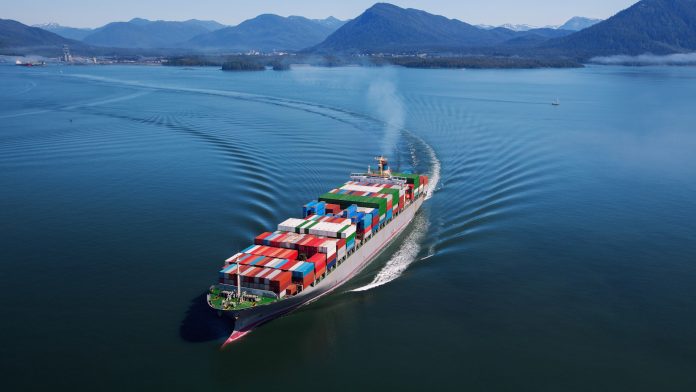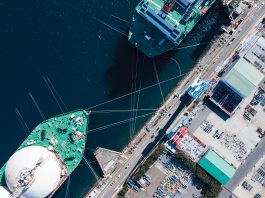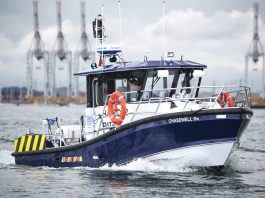The European Maritime Safety Agency (EMSA) spoke to Innovation News Network’s digital editor, Caitlin Magee, about the dangers of organotin antifouling paints and how Member States plan on restricting their use.
Organotin compounds, or stannanes, are chemical compounds based on tin with hydrocarbon substituents. These compounds are often used in antifouling paints to prevent the attachment of subaquatic organisms but research has shown that they can be toxic and have a negative environmental impact.
Scientific studies have demonstrated that that certain anti-fouling systems used on ships pose a substantial risk of toxicity and other chronic impacts to the environment. Organotin compounds were found to be highly effective in terms of preventing sea life to attach to the hull surface. However, they have negative consequences to the wider marine habitat. These compounds persist in the water and in sediments causing adverse impacts on numerous non-target organisms. They also bioaccumulate in aquatic organisms, which has implications to the human food chain.
If a human is exposed to high quantities of organotin compounds, they may experience skin and eye irritation, respiratory inflammation, gastrointestinal discomfort, and neurological problems. According to EMSA, it depends on the composition and mode of action of organotin antifouling paints. Looking only at the service life of organotin antifouling paints, the health risks for humans is related to the bioaccumulation potential and its possible entrance in the food chain.
Antifouling legislation
The International Maritime Organization launched the International Convention on the Control of Harmful Anti-fouling Systems (ICCHAS) on Ships on 5 October 2001. The ICCHAS prohibits the use of harmful organotin compounds in anti-fouling paints used on ships to prevent the future use of other harmful substances in anti-fouling systems. This convention, which entered into force on 17 September 2008, prohibits the marketing and use of organo-stannic compounds. Therefore, violations of the AFS provisions in the EU may, from the one side, be connected to ships under the flag of an EU Member State or foreign flagged ships not in compliance with the AFS provisions. On the other side violations may be related to the potential marketing and use of organostannic compounds.
The EU Member States have introduced in their national legislation the possibility of imposing sanctions and penalties related to infringements of the AFS provisions. Ships flying the flag of a Member State are subject to a regime of surveys and certification. Foreign flagged ships visiting the ports of EU Member States are subject to port state control and the consequences of violations (i.e. ships not having the appropriate certification or directly not complying with the relevant AFS provisions related to the ship’s anti-fouling system) may result in the detention, dismissal and/or exclusion of the ship. In any port, shipyard, or offshore terminal a ship may be inspected to determine whether it follows the AFS convention. The inspection may be limited to verification of valid International Anti-fouling System Certificate or a Declaration on Anti-fouling System and/or brief sampling of the ship’s anti-fouling system to verify compliance with AFS.









